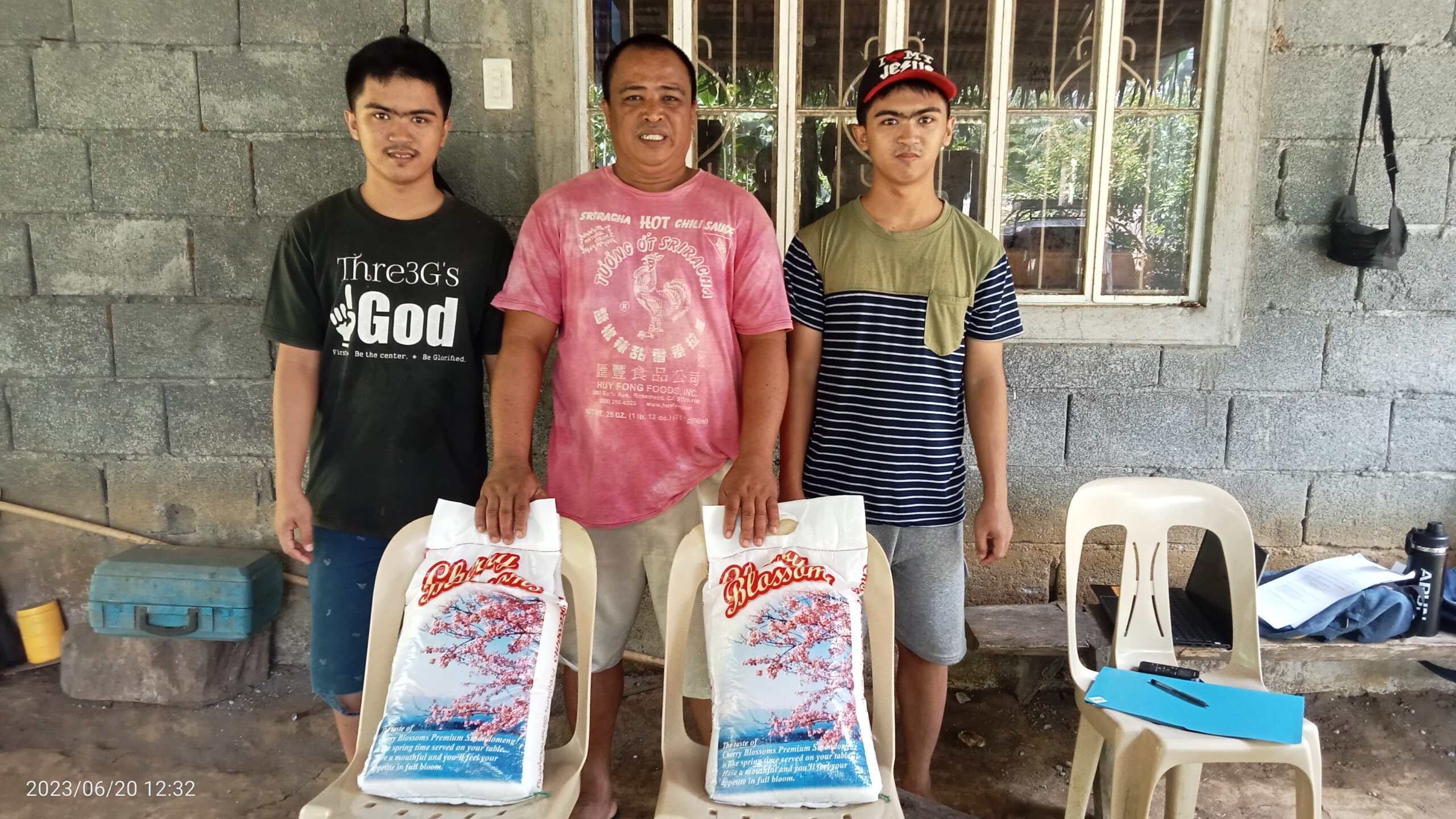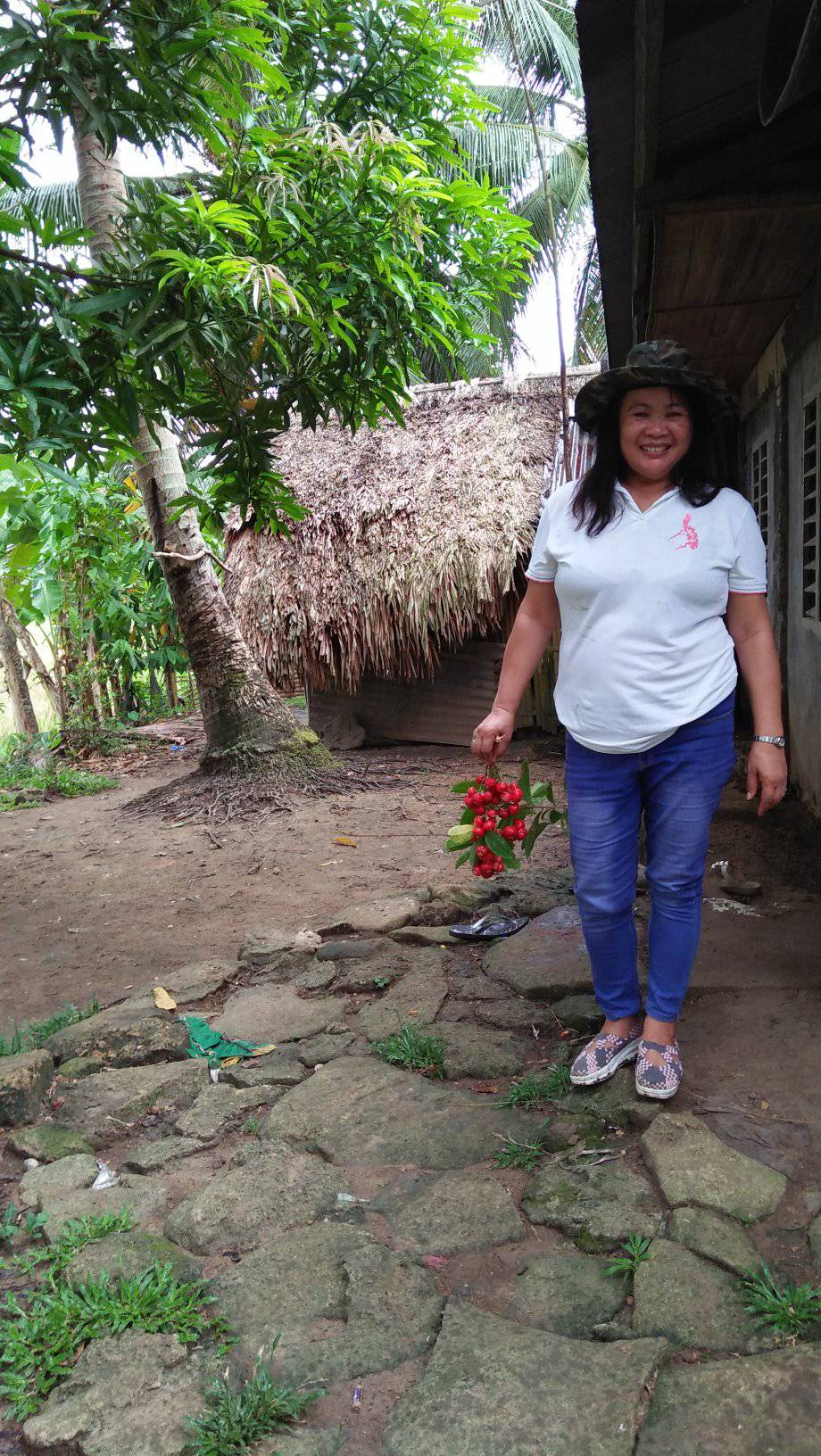Sulawesi Earthquake
Stories | January 21, 2021
Last year, Indonesian President Joko Widodo described Australia as “Indonesia’s closest friend,” – and right now our closest friend is experiencing a crisis.
The Indonesian island of Sulawesi is dealing with the immediate aftermath of a 6.2 magnitude earthquake which caused widespread devastation on January 15.
At least 90 people lost their lives in the category one disaster, and the search for survivors has been severely hampered by torrential monsoon rain.
In addition to the tragic loss of life, close to 1,000 people suffered injuries, thousands have been evacuated from their homes and countless buildings have been damaged or destroyed.
Some of the damaged buildings include a main hospital in West Sulawesi’s capital Mamuju, which forced medical staff to treat hundreds of injured people outside due to concerns the building would collapse, as well as schools and community health centres.
It is estimated that over 30,000 people who have been displaced have taken refuge at makeshift tarpaulin shelters.
Sadly, the crisis has been further exacerbated by the COVID-19 pandemic, with concerns that packed evacuation camps may lead to new clusters of infections, and diminishing stocks of personal protective equipment (PPE) for health professionals.
Unfortunately, this is not the first time disaster has struck Sulawesi. Less than three years ago, a 7.5 magnitude earthquake and subsequent tsunami resulted in an estimated 4,340 deaths. A month after the disaster, 206,524 people had been made refugees.
Indonesia is the world’s largest island country and home to more than 267 million people. It is also highly prone to natural hazards including earthquakes, tsunamis, floods and volcanic eruptions.
An average of one disaster event a month has occurred since the 2004 Indian Ocean earthquake and tsunami, which was the third largest earthquake ever recorded and one of the deadliest disaster events in recorded history with more than 220,000 people killed.
CBM and its local partners and disabled person’s organisations are on the ground in Sulawesi helping people and families to navigate the recent crisis and to provide life-saving essentials.
This includes providing a rapid health response, as well as grants to support shelter repairs, grants to support food and hygiene kits and grants to support the critical needs of people with disabilities, such as replacement of assistive devices.
You can make a tangible difference and to those who have had their lives devastated, and ensure people with disabilities are not left behind in the disaster response, by donating to CBM today.
https://www.cbm.org.au/stories/sulawesi-earthquake
Related Stories

Rise and Thrive: Building resilient communities through inclusive mental health
As the climate crisis accelerates, communities across the Indo-Pacific...

A Father’s Unconditional Love
Allan is a farmer and father of 21-year-old twin brothers, George and Gerald, who together, live in a remote village in the Bicol region...

Estrella’s journey from patient to mental health advocate
Had you asked Estrella from the Philippines what her future looked like five years...
